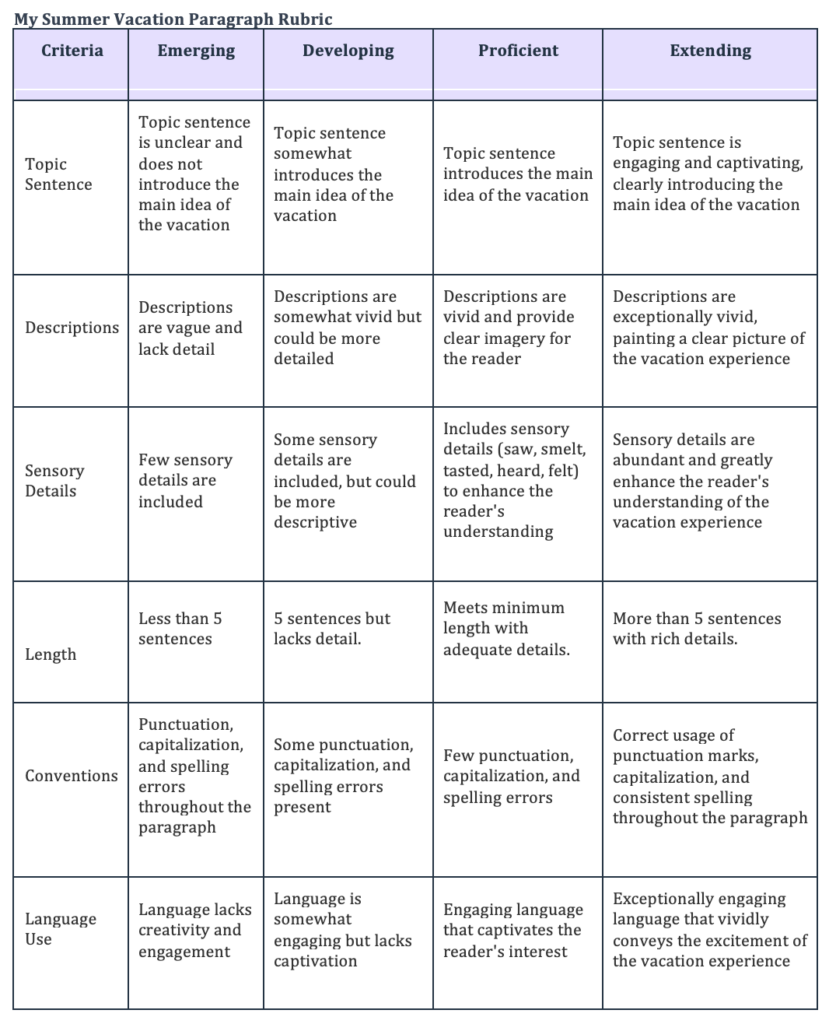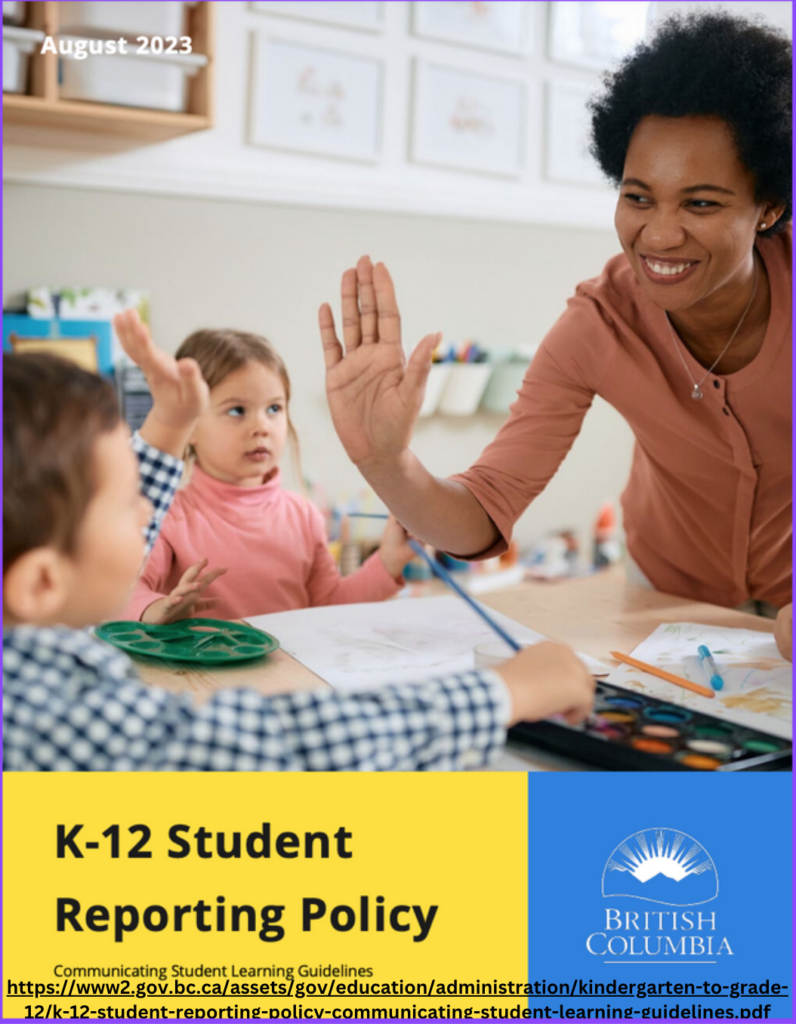Before we begin, please go and grab a piece of paper and a pencil. I am about to assess you on spelling. Sorry, but you have no time to prepare, and you can only take the test this way. Oh yeah, did I forget to tell you this is a test? You also only have the length of the video to complete your test; no additional time. When you are ready, please begin the video below. Good luck!
So how did you do? Did you get 20/20?
How did you feel when writing that test? Stress, anxiety, panic, excitement? Personally, I freeze up when I spell and have never been very good at it. Thank goodness for spell check! A few weeks ago, I was in a classroom learning about the University of Florida Literacy Institute (UFLI), where I discovered spelling rules I had never heard of before. When I was growing up, I learned to memorize my spelling words and did boring worksheets to help me remember them. I don’t recall learning that when a single-syllable word ends with the /k/ sound directly after a short vowel, it’s typically spelled with “ck,” as seen in “duck” and “trick.” However, when the /k/ sound follows a consonant or a long vowel sound, it’s typically spelled with just “k,” as exemplified by words like “task,” “cake,” “soak,” and “hawk.” Did you know that?
In today’s education environment, teachers are increasingly moving beyond conventional tests to evaluate students. Instead, they are exploring various strategies to assess each student in multiple ways, enabling them to demonstrate their learning in styles that match their individual preferences. While recognizing that not every assessment method may suit every student, present-day classrooms are embracing the understanding that the range of assessment approaches available ensures that every student has ample opportunities to showcase their learning.
For my future practicum, I am creating a novel study for my grade 5/6 class. For one of my assessment pieces, I will be marking students on their ability to write a proper paragraph using a rubric. In the novel I will be reading “Mr. Terupt Falls Again,” a sequel book by Rob Buyea, characters explain what they did over the summer break. For my assignment, students will be creating their own summer holiday and describing it to me in one paragraph. Below is the rubric I created to assess their paragraph when they have finished their final copy.

The rubric was created using https://app.magicschool.ai/tools. Which I spoke about a few posts ago 🙂

The Student Reporting Policy in British Columbia outlines guidelines and expectations regarding the assessment and reporting of student progress. This policy emphasizes the importance of clear and transparent communication between teachers, students, and parents regarding student achievement and learning outcomes. It promotes ongoing assessment practices that focus on student growth and development rather than just final grades. Additionally, the policy encourages the use of a variety of assessment methods to provide a comprehensive understanding of each student’s strengths, areas for improvement, and individual learning needs. Furthermore, it highlights the significance of providing timely and constructive feedback to students to support their continuous learning journey. Overall, the Student Reporting Policy in BC aims to foster a collaborative and supportive environment that prioritizes student success and well-being. For a full detailed outline of the policy visit the link below.
Proficiency Scale
Emerging –> Developing–> Proficient–> Extending




Proficiency scale pictures found on pages 28-29 of the K-12 Reporting policy website provided above.
The proficiency scale offers several advantages over traditional letter grades for reporting. Firstly, the proficiency scale provides a more detailed assessment of student progress by identifying specific levels of achievement (Emerging, Developing, Proficient) rather than general letter grades (A, B, C). This allows for a more comprehensive understanding of student strengths and areas for improvement. Additionally, the proficiency scale aligns more closely with the principles of formative assessment, focusing on ongoing learning and growth rather than simply assigning a static grade. By emphasizing progress over time, the proficiency scale encourages a growth mindset and fosters a culture of continuous improvement in both students and educators. For more details on the benefits of the proficiency scale please visit https://www2.gov.bc.ca/assets/gov/education/administration/kindergarten-to-grade-12/unpacking-the-proficency-scale-support-for-educators.pdf
Parents today are receiving more detailed information three times a year to track their child’s progress throughout the school year. Below is a fictitious report card comment that my classmates Claire, Karis, and I created. Notice how the comment addresses Gunther’s strengths and areas for improvement specifically.
“This term in ELA the students participated in a novel study based on the book Wonder by Raquel Jaramillo. Our class took part in sharing circles with discussions on current events. We finished the term blogging about adventure stories, and our Carnaval de Quebec school celebration! “Gunther has continued to work hard in ELA this term and is developing in this area. He clearly responded to comprehension questions and tasks in a timely manner. He was able to make several direct, concrete and obvious personal connections to text. I encourage Gunther to push to make deeper, less obvious connections and predictions. When blogging, Gunther offers ideas that are related to the topic to encourage further discussion. Though he can introduce topics, he tends to lose focus and needs some redirection to get back on task. I suggest Gunther proofreads his blog posts before posting as he often has grammatical errors. I look forward to seeing Gunther’s improvements through next term.”
The B.C curriculum and how we assess students has made a drastic change over the last several years and I am excited to be apart of the new journey in educating our future society.
Leave a Reply
You must be logged in to post a comment.